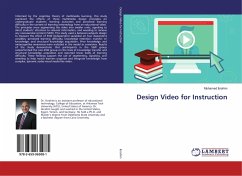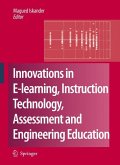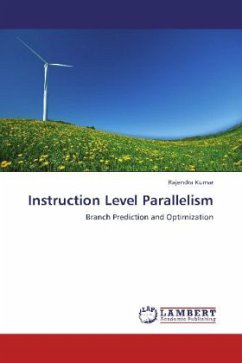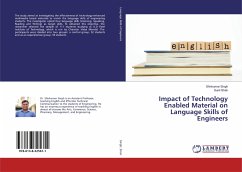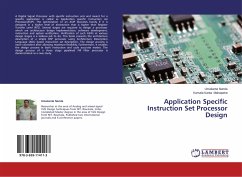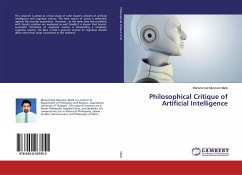Informed by the cognitive theory of multimedia learning, this study examined the effects of three multimedia design principles on undergraduate students' learning outcomes and perceived learning difficulty in the context of learning entomology from an educational video. The principles were segmenting the video into smaller units, signaling to direct students' attention to relevant information, and weeding to remove any nonessential content (SSW). This study used a between-subjects design to measure the effect of SSW (independent variables) on four dependent variables: perceived learning difficulty, knowledge retention, transfer of knowledge, and structural knowledge acquisition. Prior knowledge and metacognitive awareness were included in the model as covariates. Results of the study demonstrate that participants in the SSW group outperformed the non-SSW group on the tests of knowledge transfer and structural knowledge acquisition and reported lower levels of learning difficulty.These findings support the use of segmenting, signaling, and weeding to help novice learners organize and integrate knowledge from complex, dynamic audio-visual media like video.
Bitte wählen Sie Ihr Anliegen aus.
Rechnungen
Retourenschein anfordern
Bestellstatus
Storno

